In each nation, certain individuals require supplementary aid to manage secure and serene lifestyles. Social Security Schemes are aged and incapable of employment, while others possess impairments, and a few are facing monetary hardships. To aid these individuals, global governments have established welfare programs. These are schemes that provide monetary assistance or perks to individuals requiring aid.
What Are Social Security Schemes?
Insurance systems are public initiatives established to guard individuals against fiscal difficulties. The aim is to offer a protective measure for people and households, guaranteeing their access to necessities including sustenance, medical care, and a stable wage. These plans prove beneficial for individuals incapable of securing a sufficient income for self-maintenance.
There are diverse types of welfare programs for various categories of individuals. Examples include plans targeting senior citizens, the impoverished, laborers, agriculturists, or those with disabilities. In India, social security programs address aspects like senior benefits, medical insurance, joblessness aid, and schooling assistance.
Key Social Security Schemes in India
India has many social security schemes that help different types of people. These are some of the important schemes.
1. Pradhan Mantri Jan Dhan Yojana (PMJDY)
The Prime Minister’s People’s Wealth Scheme is a program that helps to incorporate all citizens into financial institutions, mainly their target at fewer income families. “By opening a savings account, people can safeguard their money, acquire loans, and tap into state benefits.”
Under this plan, every residence may open a financial repository without being subjected to a fee. This account also provides accidental insurance and life insurance coverage. This scheme permits countless unbanked individuals to safely deposit their savings and directly receive public aid into their banking accounts.
2. Pradhan Mantri Jeevan Jyoti Bima Yojana (PMJJBY)
The Minister of Life Light Assurance Plan is a life insurance program. It provides life insurance for individuals between 18 to 50 years old. Under this plan, if the insured passes away, their relatives obtain a payment. This plan assists in offering monetary stability to kin potentially confronting adversity upon the demise of a relative.
The insurance cost is very minimal and it ensures its accessibility to individuals across various financial statuses, particularly those with fewer earnings.
3. Pradhan Mantri Suraksha Bima Yojana (PMSBY)
This plan provides accident insurance coverage for people whose age is between 18 to 70. The Prime Minister’s Safety Insurance Scheme encompasses unforeseen fatalities and impairments. It assists households by providing economic aid when confronted with a significant mishap or the passing of a relative.
Mishaps may occur unpredictably, and this coverage offers monetary assistance for coping with the harm or impairment. The cost for this plan is sometimes very less allowing even those with their budgets to participate.
4. Atal Pension Yojana (APY)
The Atal Pension Scheme is a pension scheme for labor market employees such as farmers, workers, and small business owners. Under this project, People can always save a small amount of money and receive a monthly pension according to their retirement age. This scheme is especially useful for people who do not have another pension. Helps to have financial stability in old age able to retire Able to support myself
5. National Social Assistance Programme (NSAP)
The National Assistance Program is a group of programs that provide financial assistance to the elderly, widows, and those who are coming under the poverty line. The state pays a monthly pension to help with their basic needs. This program is especially important for those who have no other source of intelligence. To ensure that the elderly physically disabled person and the widow will have stable wisdom to meet their daily expenses.
How Social Security Schemes Help People
Social welfare programs significantly contribute to enhancing the well-being of individuals in India. Here’s how they help.
1. Offering Financial Assistance: For individuals who are not sufficiently affluent or are unable to earn an income, social security programs provide essential economic support. This currency can be utilized to acquire sustenance, settle medical expenses, and fulfill other daily requirements.
2. Assisting During Turbulent Times: Existence is unpredictable, and calamities, maladies, or the demise of kin may transpire abruptly. Social security programs provide coverage that aids individuals in coping with these challenging periods, safeguarding households from monetary difficulties.
3. Making sure older people stay safe and feel respected: Programs like the Atal Pension Yojana give money to older folks to help them live comfortably when they retire. This is crucial for individuals lacking any savings or retirement funds.
4. Diminishing Indigence and Famishment: Initiatives such as MGNREGA and the Public Dispensation Framework directly assist in abating poverty and famishment. By offering employment and sustenance at reduced costs, these initiatives ensure that the most impoverished households can satisfy their fundamental requirements.
5. Promoting Economic Conservation and Budgeting: Programs such as the Pradhan Mantri Jan Dhan Yojana stimulate individuals to accumulate funds and engage with financial institutions. This assists individuals in strategizing for impending occasions and enhances readiness for unforeseen financial outlays.
Conclusion
“Social welfare programs are crucial in a nation such as India, where a vast number of individuals persist in indigence.” These programs bestow security, protection, and assistance to individuals requiring aid. Social security programs assist individuals in fulfilling fundamental requirements and maintaining self-respect. Social Security Schemes do not only provide monetary aid but also bestow a feeling of safety, aware they have something to depend upon amidst challenging periods.
By assisting aged, impoverished, disabled, and jobless individuals, social security systems significantly mitigate destitution and enhance the standard of living for millions. Nevertheless, there is a necessity to enhance these plans for wider accessibility, particularly in isolated regions.
Read More Blogs


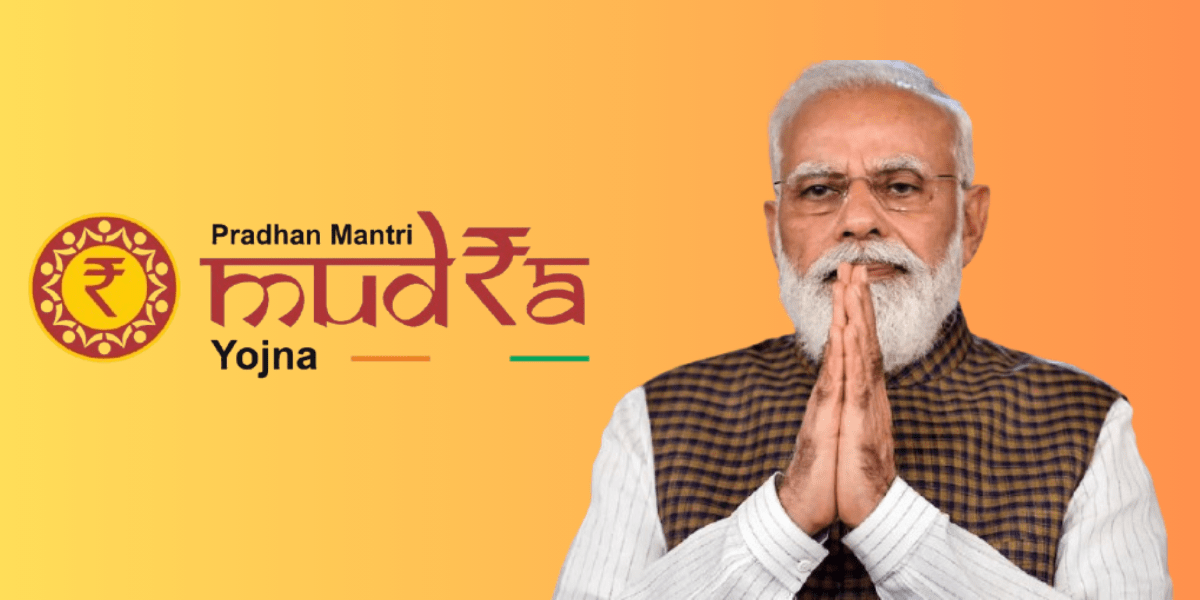






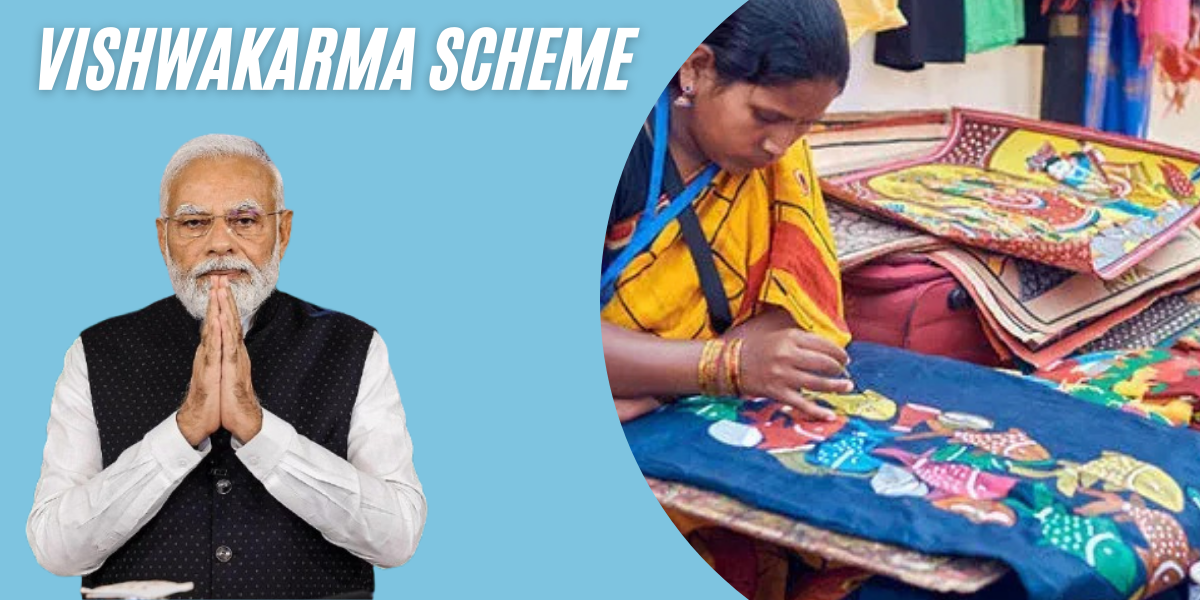

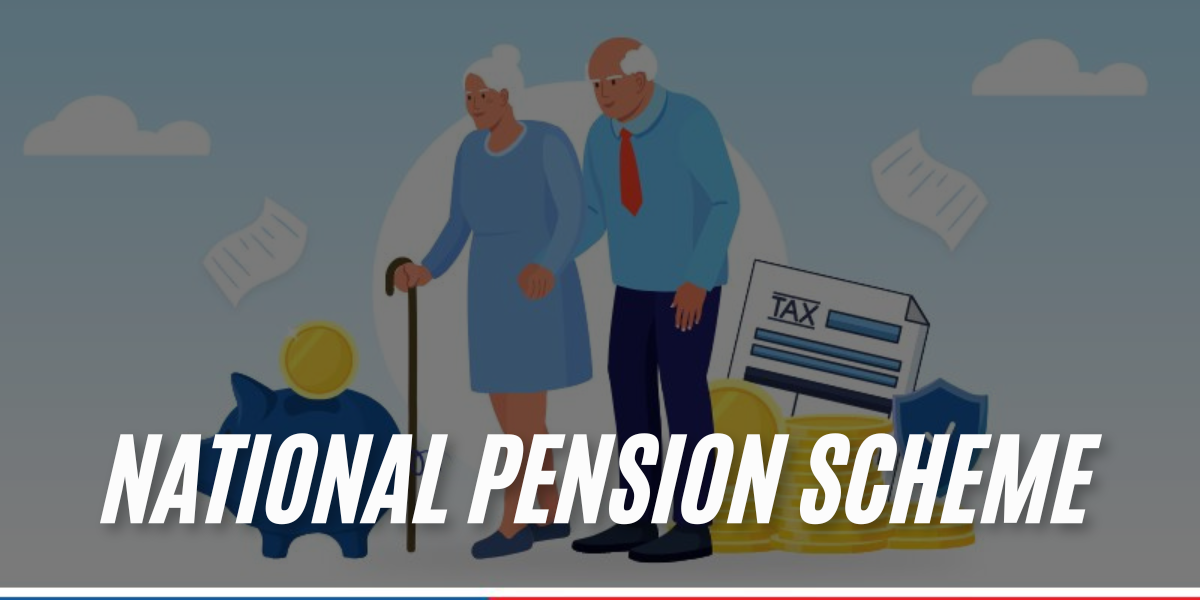
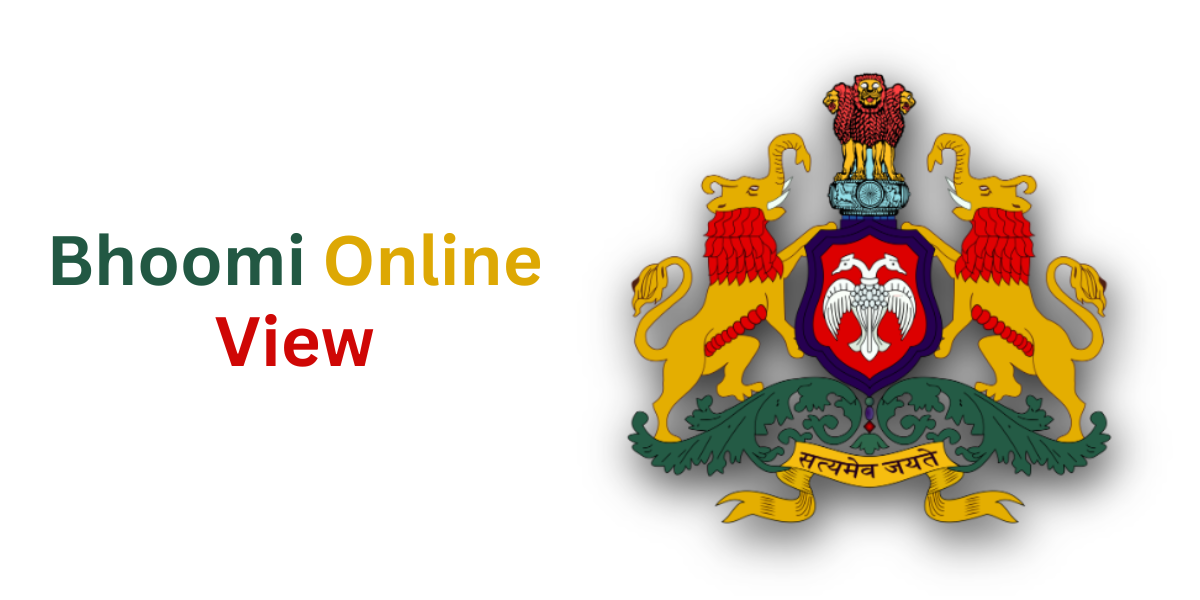

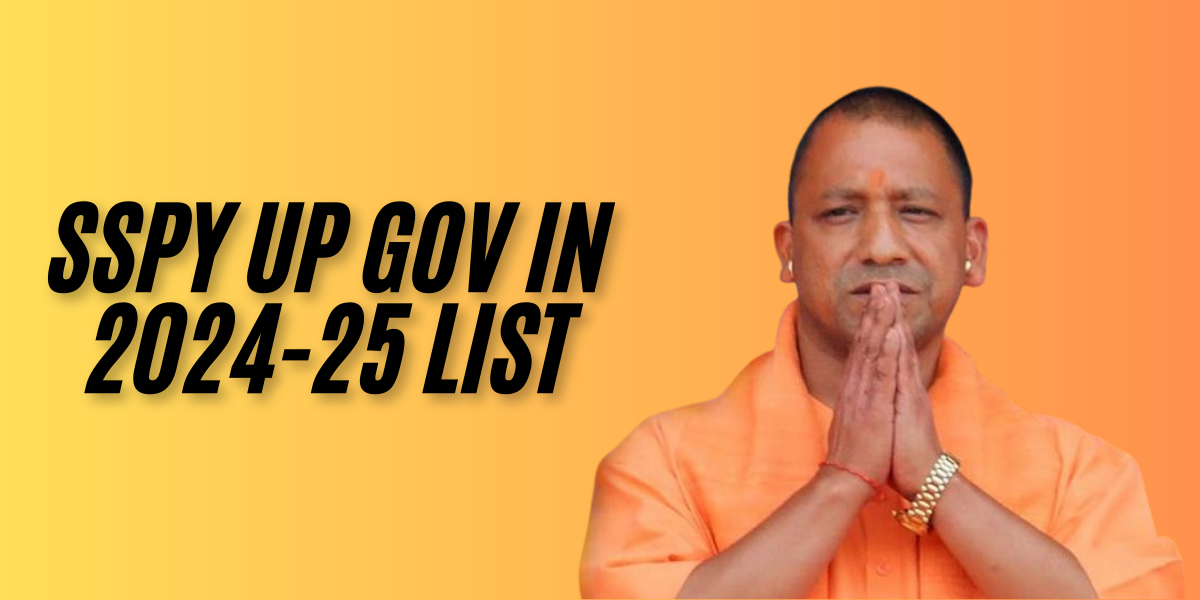

Leave a Reply